Results
-
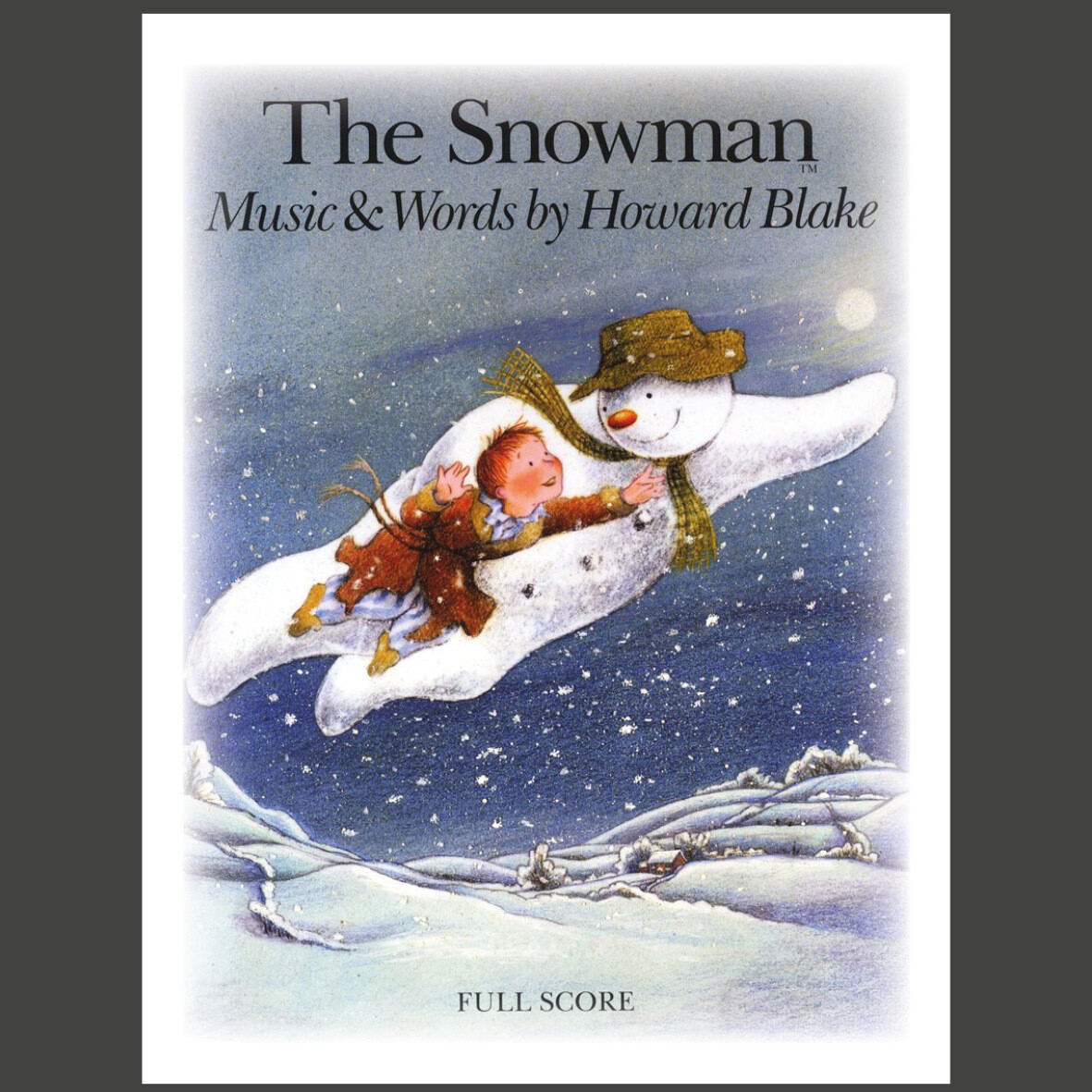 £119.95
£119.95The Snowman - Howard Blake arr. Phillip Littlemore
Raymond Briggs' charming Christmas story about the adventures of a boy and the snowman that comes to life is a modern children's classic. The tales popularity has been further enhanced by frequent television broadcasts of the award-winning cartoon film The Snowman. This version is for narrator, boy soprano and brass band. Please note a keyboard is essential with both piano and strings/harp sounds.A video of this arrangement can be found here: The Snowman (excerpt)Duration: 26 minutesDifficulty: Challenging, but suitable for all.
Estimated dispatch 5-7 working days
-
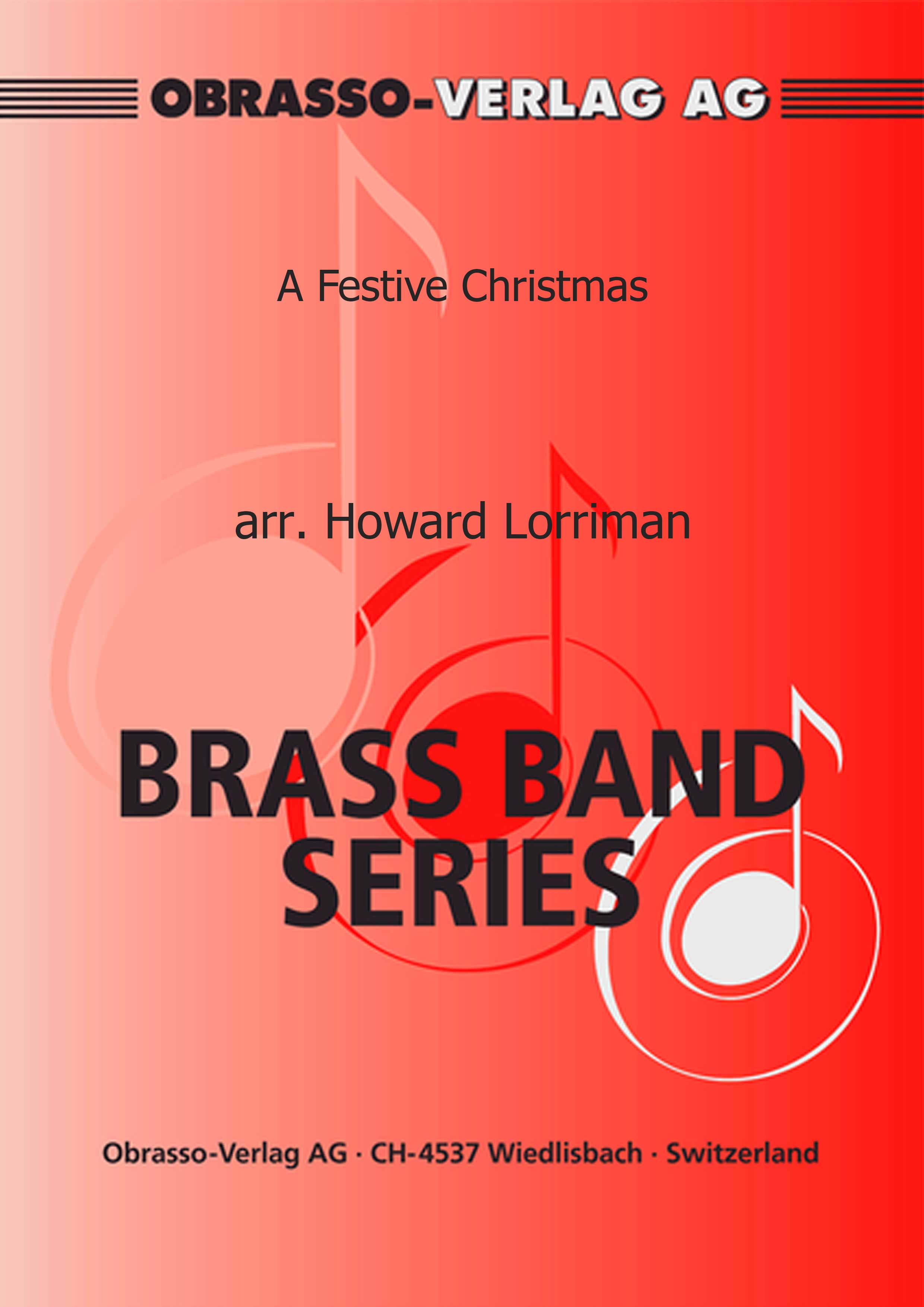 £64.00
£64.00A Festive Christmas (Choir and Brass Band - Score and Parts)
Arrangement for Brass Band, Choir and Organ (10 choral parts are included in the set). Includes: The First Nowel; Away in a Manger; Deck the Halls; Angels, From the Realms of Glory; O Come All Ye Faithful; Hark! The Herald Angels Sing
Estimated dispatch 7-14 working days
-
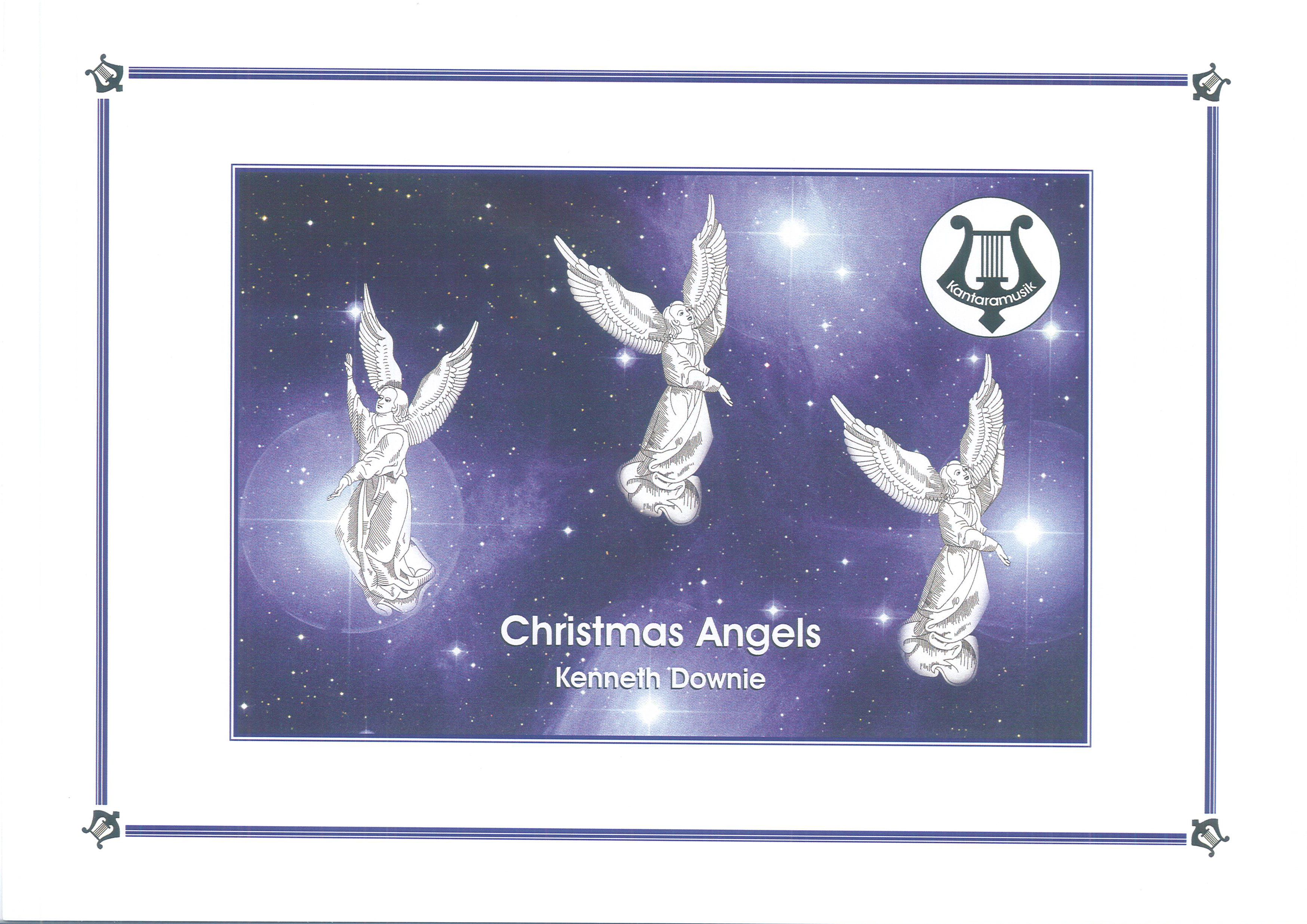 £24.95
£24.95Christmas Angels (Brass Band - Score and Parts)
This sparkling music features two carols, 'Angels from the realms of Glory' and 'Masters in this Hall'. Both of them have come down the centuries to us from France but their styles are very different. The march seeks to capture both the choral style of the first and the energetic, dance-like style of the second.
Estimated dispatch 7-14 working days
-
£38.50
Steila da Nadal (Christmas Star)
Steila da Nadal was conceived in a single thought, one of continuois melody - and, figuratively speaking, - of an everlasting peaceful world. At the beginning the main theme refers to the Star of Bethlehem. The second theme is marked by it quick beat and describes the journey of the shepherds.
Estimated dispatch 7-14 working days
-
£33.00
Christmas Number of Celebrated Carols - Traditional
Includes a full band set (no score)Featuring:Once in Royal David's CityWhen the Crimson SunThe First NowellHere We Come A-WassailingGood King WenceslasBethlehemO SanctissimaGod Send You a Happy New YearGod Rest Ye Merry GentlemenThe Seven JoysO Holy Voices of The SkyThe Mistletoe Bough
In Stock: Estimated dispatch 1-3 working days
-
£26.50
In the Bleak Mid Winter - Traditional - Broadbent, D
'In the Bleak Mid Winter' is a poem by the English poet Christina Rosetti. It was published under the title 'A Christmas Carol' in the January 1872.It consistently ranks as one of the top carols in polls and is beloved by many.
In Stock: Estimated dispatch 1-3 working days
-
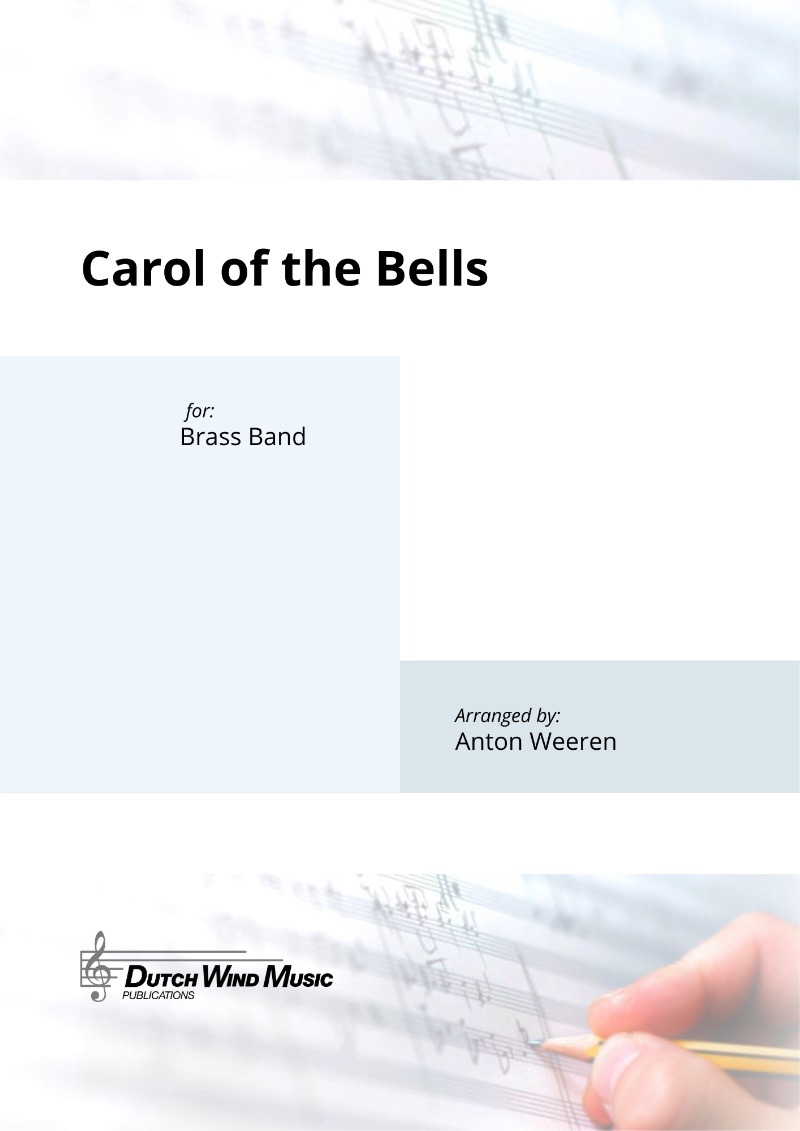 £64.00
£64.00Carols of the Bells - Anton Weeren
Traditional Christmas carol from Ukraine, arranged for brass band in a dazzling and dynamic way by Anton Weeren. This arrangement lives up to its name through the use of the glockenspiel, sleigh bells, and tubular bells.
Estimated dispatch 10-14 working days
-
 £29.95
£29.95The Bleak Midwinter - Paul Lovatt-Cooper
The Bleak Midwinter is an arrangement of the famous Christmas Carol by Gustav Holst with words from the poem by Christina Rossetti. IT has been arranged for Bb soloist circa 3.40
Estimated dispatch 5-7 working days
-
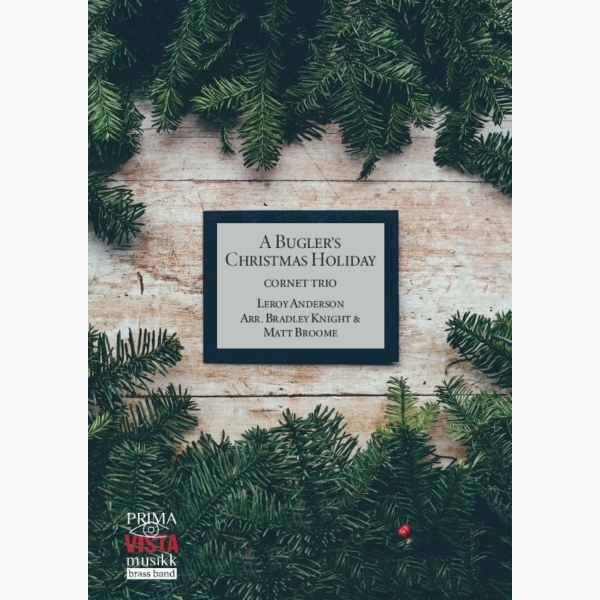 £29.95
£29.95A Bugler's Christmas Holiday - Leroy Anderson - Bradley Knight & Matt Broome
Written as a virtuoso trumpet trio, Bugler's Holiday is one of Leroy Anderson's best-known compositions. Written in 1954, it was premiered on 31st December of the same year by the Cincinnati Symphony Orchestra. This festive take on the piece cleverly...
Estimated dispatch 5-7 working days
-
£29.95
SHINING STAR, The (Brass Band Set) - Peter Graham
A scintillating Christmas march from the pen of Peter Graham, featuring the carol, 'O come all ye faithful', with occasional references to 'God rest ye merry, gentlemen'.
Estimated dispatch 7-14 working days
